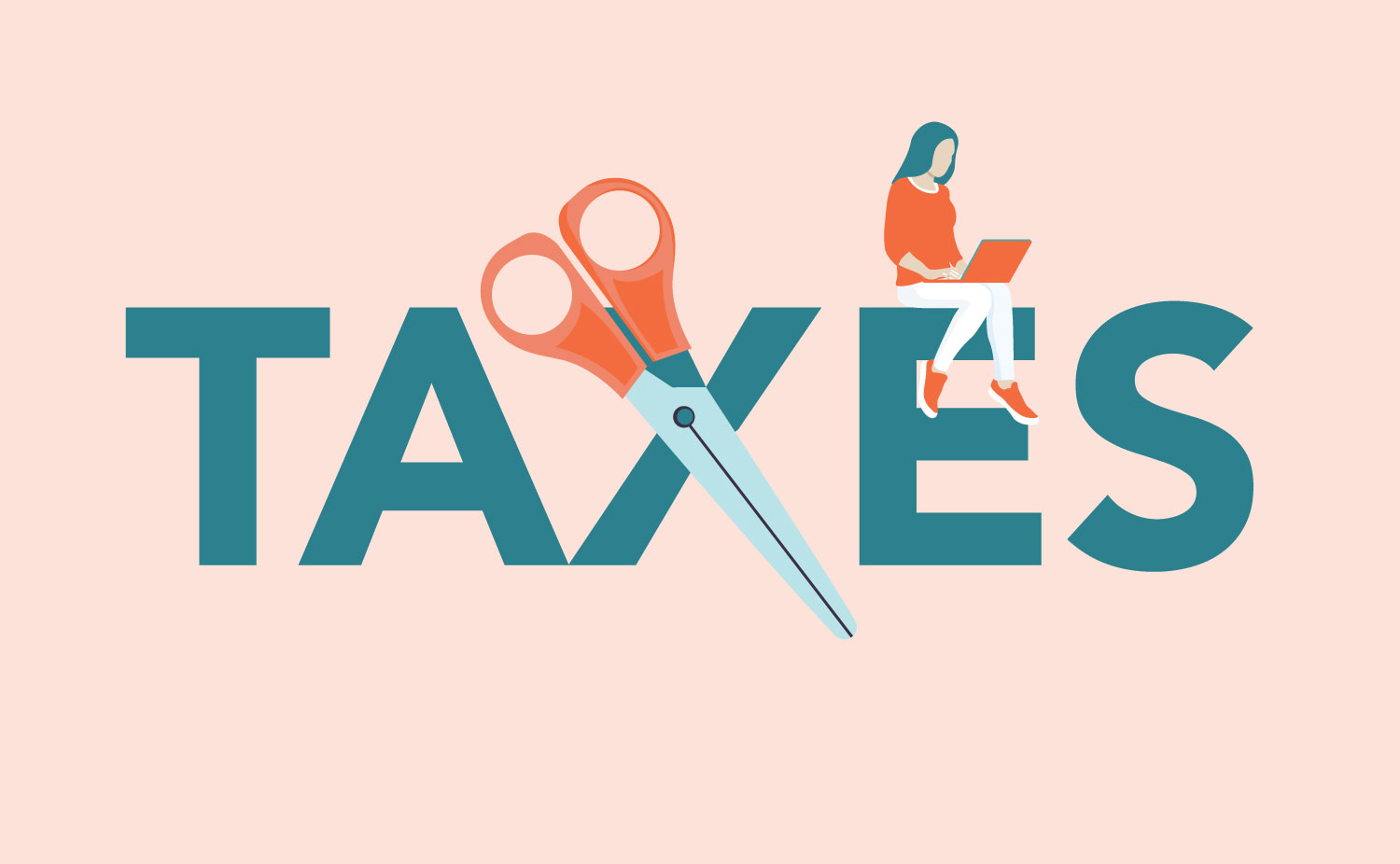Running your own business comes with many rewards—and a more complex tax situation. For self-employed individuals and small business owners in Kansas, understanding available tax deductions can significantly reduce your tax burden and improve your bottom line.
At CGP Group, we regularly help entrepreneurs throughout Wichita and Kansas maximize their tax savings. Here are 13 valuable deductions you shouldn’t overlook when preparing your taxes.
1. Retirement Savings Plans
Self-employed Kansans can establish retirement plans that both secure their future and provide immediate tax benefits. For 2025, these options include:
- Solo 401(k): Contribute up to $23,500, or 100% of compensation, whichever is less, by December 31, 2025. Those 50 or older get to contribute an additional $7,500. People ages 60 to 63 get a higher catch-up contribution of $11,250 due to the Secure 2.0 Act.
- SEP IRA: Contribute up to 25% of your net self-employment earnings, with a maximum of $70,000.
These contributions reduce your adjusted gross income, potentially lowering your tax bracket while building your retirement nest egg.
2. Home Office Deduction
Many Kansas small business owners work from home at least part-time. If you use part of your home regularly and exclusively for business, you may qualify for this deduction using either:
- Regular method: Calculate the percentage of your home used for business and apply that percentage to eligible home expenses.
- Simplified method: Deduct $5 per square foot (up to 300 square feet) of office space.
This deduction can be particularly valuable for entrepreneurs with lower overhead costs who operate primarily from home.
3. Vehicle Expenses
Kansas business owners often cover substantial distances serving clients across the state. Track your business mileage using either:
- Standard mileage rate: Deduct the IRS rate (70 cents per mile for 2025)
- Actual expenses: Deduct the business percentage of gas, insurance, maintenance, and depreciation
Remember that commuting between home and a regular workplace isn’t deductible, but travel between client locations is eligible.
4. Business Travel
When your business takes you beyond your local area to industry events or client visits, you can deduct:
- Airfare, train tickets, or mileage
- Hotel accommodations
- 50% of qualifying business meals
- Conference and seminar fees
- Ground transportation
Document the business purpose of each trip to substantiate these deductions.
5. Health Insurance Premiums
Self-employed Kansans without access to employer-sponsored health plans can deduct premiums paid for:
- Medical insurance
- Dental insurance
- Vision coverage
- Long-term care insurance
This deduction is taken as an adjustment to income rather than an itemized deduction, making it valuable even if you take the standard deduction.
6. Business Taxes and Licenses
Several taxes and fees can be deducted, including:
- Kansas commercial vehicle fees
- State business registration fees
- Property taxes on business assets
- Employment taxes for your staff
- Kansas sales tax paid on business purchases
7. Employee and Contractor Payments
If your Kansas business has grown to include help from others, you can deduct:
- Employee salaries and benefits
- Contractor payments ($600 or more requires filing Form 1099-NEC)
- Payroll taxes
These are typically among the largest deductions for growing businesses.
8. Business Property Rent
Leasing costs for your Wichita storefront, office space, or equipment are fully deductible business expenses. This includes not just the base rent but also:
- Common area maintenance fees
- Property insurance required by lease
- Utilities not included in rent
9. Advertising and Marketing
Building your brand presence across Kansas markets is essential—and tax-deductible. Eligible expenses include:
- Local newspaper and radio ads
- Digital marketing campaigns
- Business cards and brochures
- Signage and vehicle wraps
- Website development and maintenance
- Kansas Chamber of Commerce memberships
10. Professional Services
Investing in professional guidance usually pays for itself in tax savings and avoided mistakes. Deductible professional services include:
- Accounting and tax preparation
- Legal services
- Business consulting
- Professional licensing fees
- Industry-specific training and certifications
11. Business Supplies and Materials
Daily operational expenses are fully deductible, including:
- Office supplies
- Postage and shipping costs
- Software subscriptions
- Raw materials for products
- Cleaning supplies
Keep detailed records of these purchases throughout the year.
12. Business Insurance
Protecting your Kansas business with appropriate insurance is both prudent and tax-advantageous. Deductible policies include:
- General liability insurance
- Professional liability/errors and omissions
- Business property insurance
- Business interruption coverage
- Cyber liability insurance
Note that life insurance premiums generally aren’t deductible, even if the policy benefits your business.
13. Startup Costs
For new Kansas entrepreneurs, the IRS allows deductions for initial business launch expenses:
- Up to $5,000 in business startup costs
- Up to $5,000 in organizational costs
- Remainder amortized over 15 years
These apply to expenses incurred before your business officially begins operations.
Expert Tax Guidance for Kansas Entrepreneurs
Understanding which deductions apply to your specific situation requires expertise. The tax professionals at CGP Group specialize in helping self-employed individuals and small business owners throughout Kansas navigate tax planning and preparation.
Our team stays current with both federal tax laws and Kansas-specific regulations to ensure you never miss valuable deductions while remaining fully compliant.
Contact us today to discuss your self-employment tax strategy and discover how we can help you keep more of your hard-earned money.








